US decision to block pro-resistance media outlets proves their influence: Yemen
A senior member of Yemen’s Supreme Political Council has denounced a decision by the United States to seize the websites of a series of Iranian and regional television networks, stressing that the measure attests to the fact that the channels have been successful in “getting their messages across.”
“The seizure of the media sites by [the United States of] America proves they have managed to get their messages across. Independent channels have worried the regimes which deceitfully claim to be advocating and fighting for freedom of expression,” Mohammed Ali al-Houthi wrote in a post published on his Twitter page on Tuesday night.
He added, “The move unmasked the true nature of the so-called advocates of democracy, and exposed their [false] mottoes. America is hell-bent on outright confrontation” even when it comes to media outlets.
Earlier on Tuesday, the US seized the websites of Press TV and al-Alam, Iran’s English-language and Arabic-language newscasters, as well as al-Masirah TV of Yemen.
Other web domains, including Palestine al-Youm, a Palestinian-directed broadcaster, Karbala TV – the official television of the Imam Hussein (PBUH) shrine in the holy Iraqi city of Karbala, Iraqi Afaq TV, Asia TV and al-Naeem TV satellite television channels, as well as Nabaa TV which reports the latest stories about Saudi Arabia and other Persian Gulf countries, were also seized.
Bahrain’s LuaLua TV, a channel run by opposition groups with offices in London and Beirut, was also closed, according to AFP news agency.
Press TV website was back online within hours with the new .ir domain address. Al-Alam TV also quickly announced that its website will be available on .ir domain.
Al-Masirah TV established a new website, using its name but swapping the .net domain for .com.
The US Justice Department said Wednesday it had seized 33 media websites used by the Iranian Islamic Radio and Television Union (IRTVU), as well as three of the Iraqi anti-terror Kata’ib Hezbollah group, which it said were hosted on US-owned domains in violation of sanctions.
Al-Masirah TV: US decision to block pro-resistance media outlets ‘act of piracy’
Meanwhile, Yemen’s al-Masirah TV condemned the latest decision by the US President Joe Biden administration to block access to its website and several dozen others as “an act of American piracy and copyright confiscation.”
“The government of the United States of America is banning the al-Masirah website without any justification or even prior notice,” the network said in a statement.
The statement added, “We emphasize that al-Masirah will continue its lofty mission with the help of God. It will continue to confront the American and Israeli piracy against our (Yemeni) nation by all available means.”
Yemeni Media Union: US step in line with its tyrannical policies
The Yemeni Media Union also slammed the US decision to seize pro-resistance media websites, stating that the measure falls within the framework of Washington’s tyrannical policies that are based on disinformation, secrecy and intimidation.
“Colonial America is working calculatedly and deliberately to mislead information and control its flow on the Internet,” the union said in a statement. “We condemn the US step to block access to al-Masirah TV website, which was meant to hide facts and muzzle free voices denouncing American arrogance and tyranny.”
Diplomat: Iran will pursue US cyber raid through legal channels
Separately, Shahrokh Nazemi, the head of the press office of the Permanent Mission of Iran to the United Nations in New York, said the United States was trying to muzzle free speech by blocking access to Iranian websites and pro-resistance media outlets, stressing that Teheran will explore legal channels to resolve the issue.
“While rejecting this illegal and bullying action, which is an attempt at limiting the freedom of expression, the issue will be pursued through legal channels,” Iran's Nazemi said.
Over the past years, the United States has for several times taken similar measures against Iranian media outlets.
The US tech giant Google has recurrently taken on Press TV more than any other Iranian outlet given the expanse of its viewership and readership.
In March, Google for the seventh time blocked the English-language news network’s access to its official YouTube account without any prior notice, citing “violations of community guidelines.”
The US-based social media giant Facebook also informed Press TV in the same month that its account had been shut down for what it claimed to be the Iranian news channel’s failure to “follow our Community Standards.” The page was reinstated a few days later.
The Tehran-based network has also fallen victim to censorship on Twitter and Instagram.
5 Israeli forces killed as Palestinian fighters face up to regime’s war machine
VIDEO | Israeli settler killed during strike against Tel Aviv; fresh aggression targets Yemen’s capital
VIDEO | Yemen’s missile strikes on Tel Aviv
Iran to open 6 GW of new power capacity by next summer
VIDEO | South Korean rallies set the stage for battle over Yoon's impeachment
Hamas, other Palestinian groups say Gaza ceasefire deal ‘closer than ever’
VIDEO | Press TV's news headlines
Iran condemns ‘violent’ attack on Christmas market in Germany


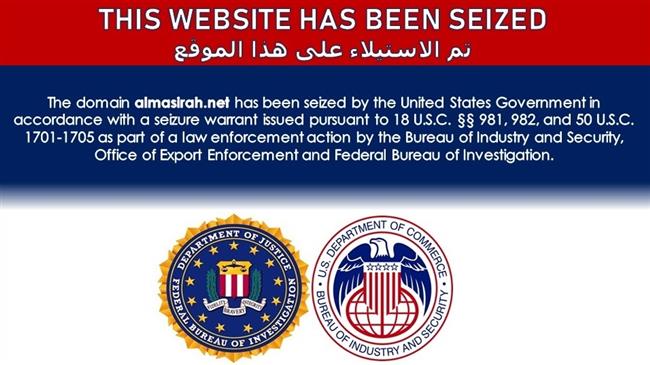
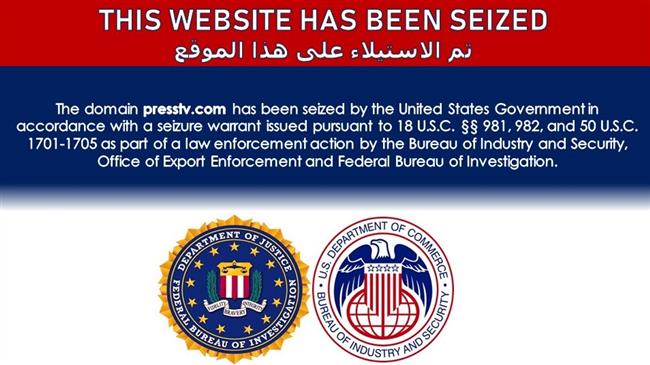
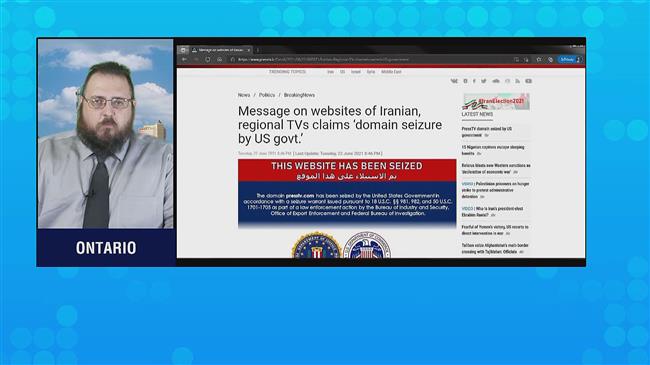

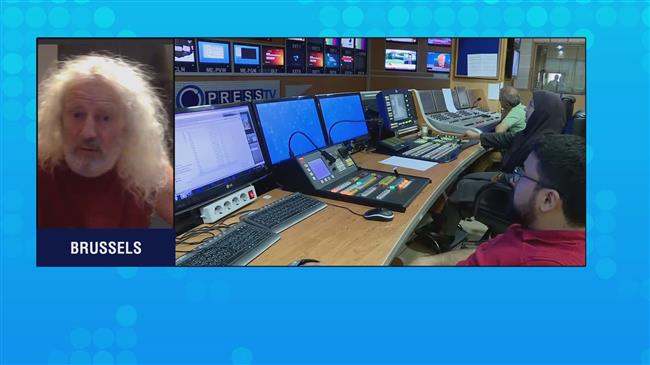



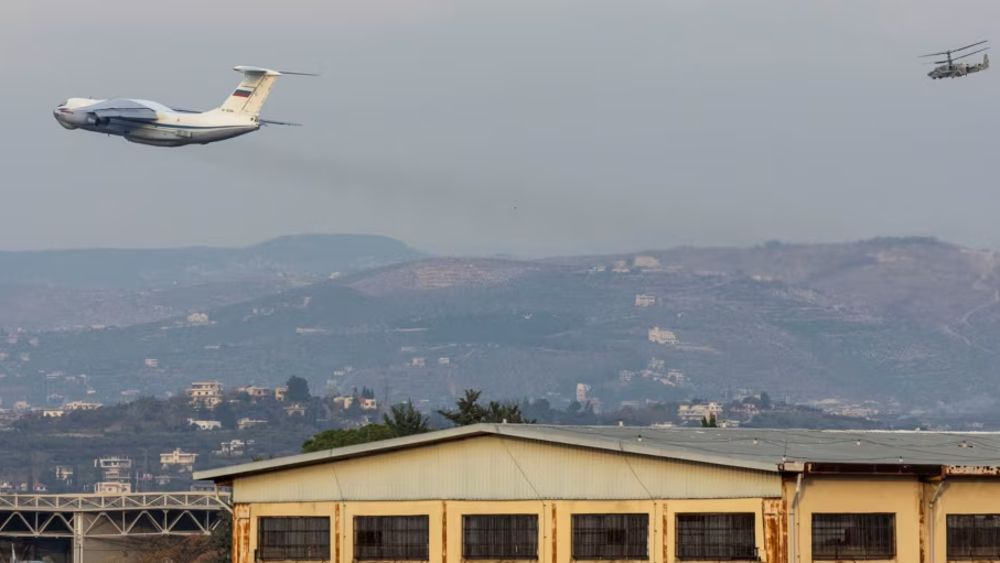



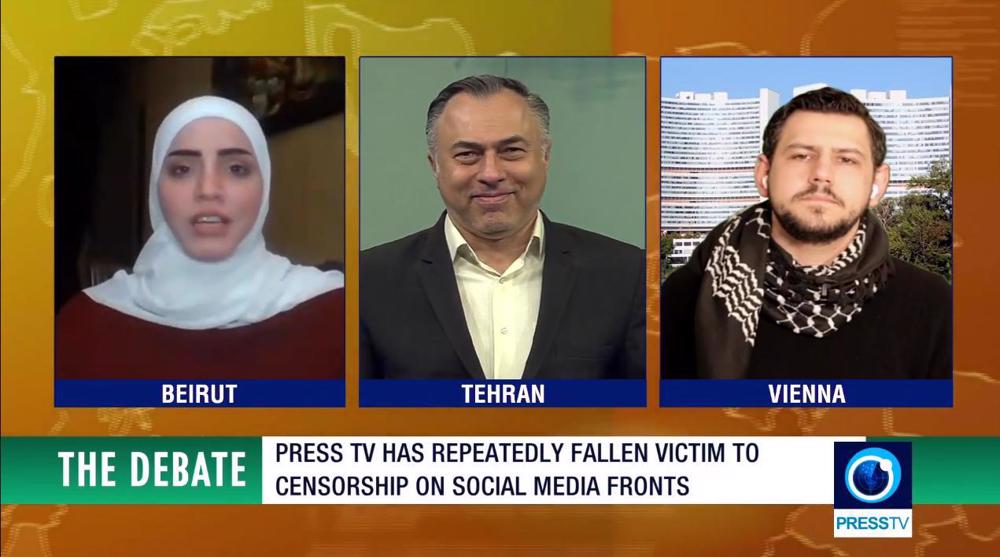
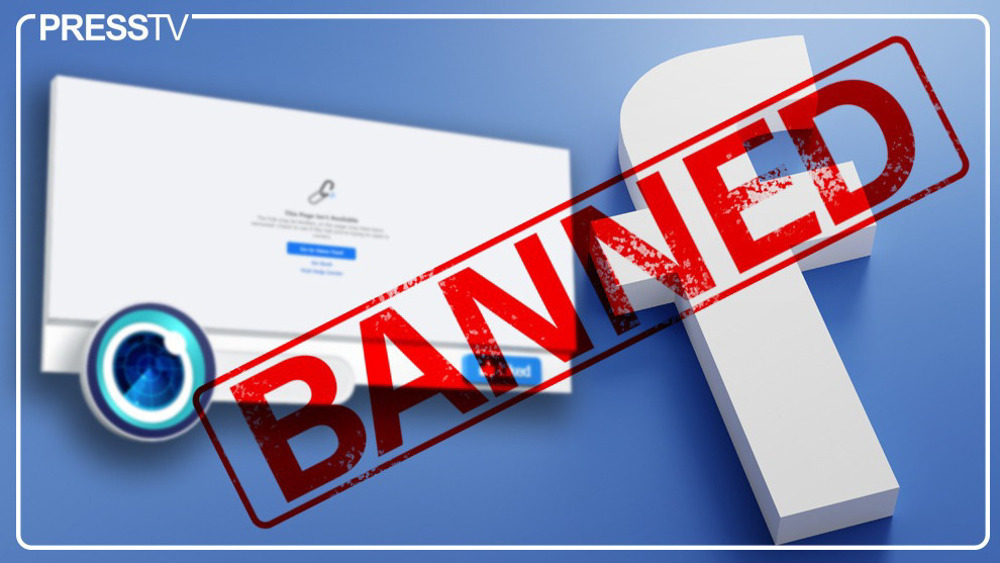

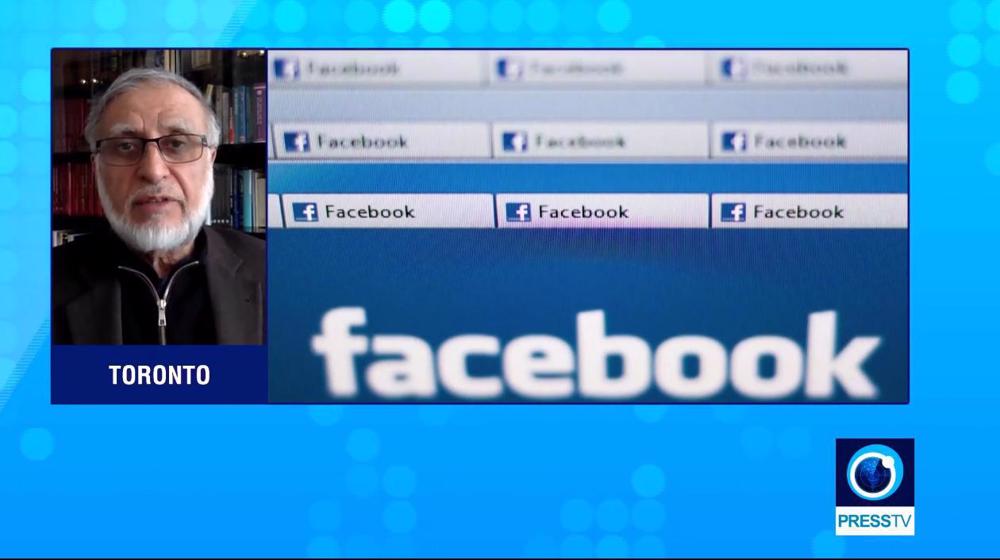
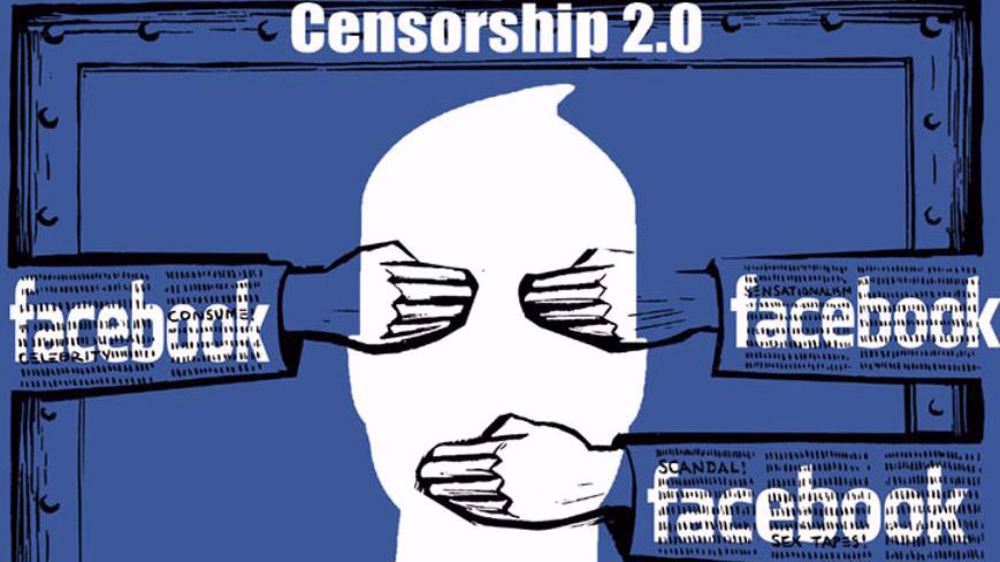
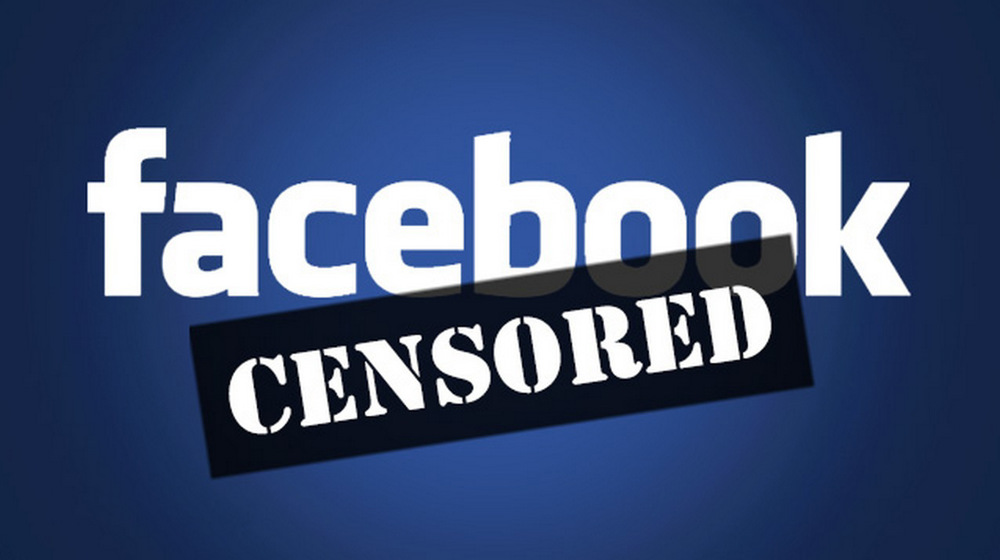
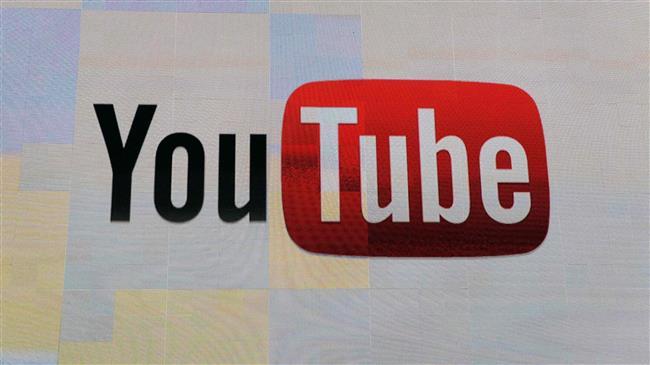

 This makes it easy to access the Press TV website
This makes it easy to access the Press TV website